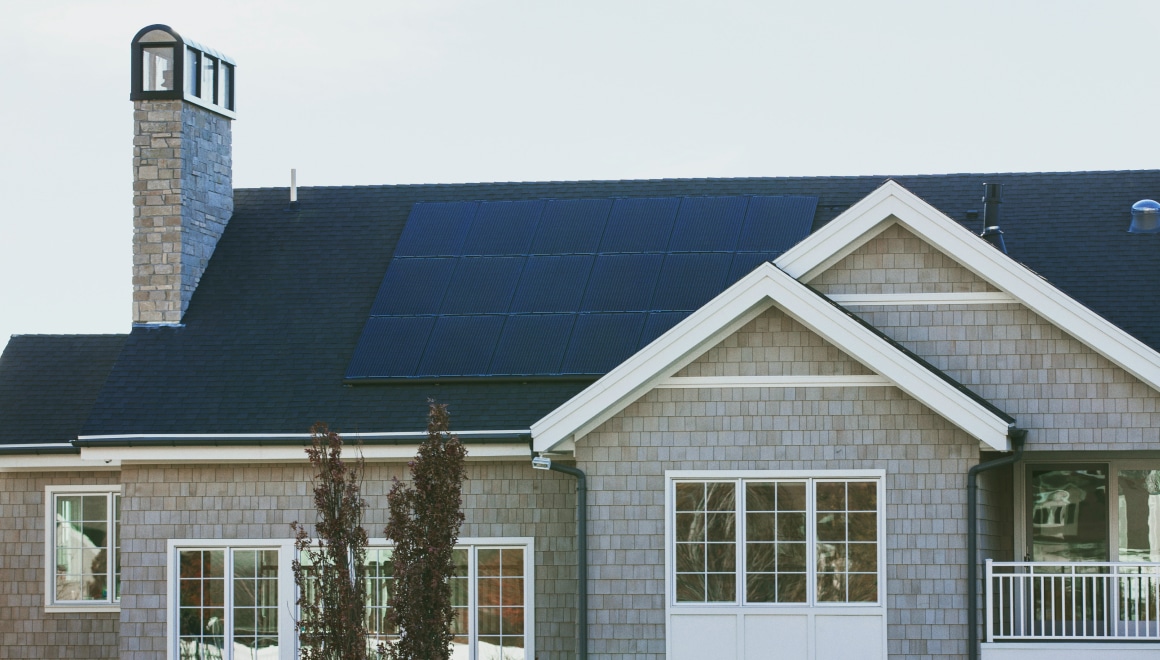Share

Most solar panels come with warranties. Our attorneys are experienced in handling lawsuits to enforce consumers’ warranty rights, including cases involving residential solar power systems. If you’ve tried to get a company to repair your solar panels under a warranty but they’ve refused, Click Here to Submit Your Claim. We may be able to help. We don’t charge for consultations and don’t charge anything to do an initial case evaluation.
Sometimes warranties come from the manufacturer. Sometimes they’re from the installer. And sometimes the panels are installed under a lease (also called a “Power Purchase Agreement”) where you pay the company that owns the system a monthly fee for the power it generates.
You may have a warranty and not even know it. Warranty law is complicated, but in many states, you don’t have to have a contract to have a warranty. If the company you deal with promises a certain performance or makes factual assertions about the product—for example, that the solar panels will produce a certain amount of power, or that they are in good condition—that may create a warranty even if your contract doesn’t say it. You may also have “implied” warranties, for example, if you are relying on advice from the solar panel installer as an expert in solar panels, or if the solar panels are defective when they get delivered to you.
In fact, many contracts try to improperly eliminate your warranty rights, and this often violates either state law or the federal Magnuson-Moss Warranty Act, depending on how the contract is drafted.
Warranties can give broad rights to consumers—the right to demand a repair, or even a replacement of a defective system. When we review a breach of warranty case, we analyze both the contracts you have with any companies involved in installing the panels (usually the company that manufactured them, the company that installed them, and any company leasing them to you if it’s a Power Purchase Agreement). We also look at the sales materials to see if anything they said to you during the purchase process created a warranty.
Have you tried to get the solar company to make repairs?
Consumers usually come to us frustrated after a company has run them around in circles refusing to do anything about a defective product. We’ve seen people who called for six months straight trying to get their solar panels turned back on. We’ve seen companies that agreed to regularly maintain the panels, but then just stopped doing it.
To sue under a breach of warranty, many states require you to first notify the solar company, and to let them know about the problem soon after you learn about it yourself. Most of the time our clients have already done this. If you have, you should save all the documents you have that prove you contacted the solar power company. Your phone records, your e-mails, and any letters or other proof that you contacted them are all important records for the attorneys to prove you gave the solar company a chance to do what’s right and fix your panels.
Sending a polite e-mail to the company outlining the issue you’re having and asking them to repair or replace the solar panels creates proof of your request and gives them a chance to minimize your damages and fix the problem. Many contracts require that the notice be sent to a certain address or be given in a certain way (for example, a letter). Often this is set up as a “gotcha”—the contract will make giving the notice as difficult as possible, and they hope you won’t bother to read the contract and follow whatever rules they made for themselves.
There are often ways that lawyers can get around those contractual notice rules, but it depends on both the state and the contract. For example, one Georgia court has held that where the notice would have been futile because a company had gone out of business, the company that bought its assets could still be sued for breach of warranty. Bdi Distribs. v. Beaver Comput. Corp., 232 Ga. App. 316, 501 S.E.2d 839 (1998). Another Georgia court held that someone who was injured by a product could still sue because she wasn’t the one who’d bought it, but was a family member. Chaffin v. Atlanta Coca Cola Bottling Co., 127 Ga. App. 619, 194 S.E.2d 513 (1972). In the context of solar panels, if there was a fire cause by the panels, for example, some states would let family members of the buyer sue for breach of warranty even if there was no notice at all.
If you haven’t given notice, we can help our clients review their contracts and decide what the best way to handle it is. You may or may not have a breach of warranty claim, but we don’t charge for case evaluations. Click Here to Submit Your Claim. We handle lawsuits by consumers against solar power companies, and we can help you determine if you have a valid breach of warranty claim.


